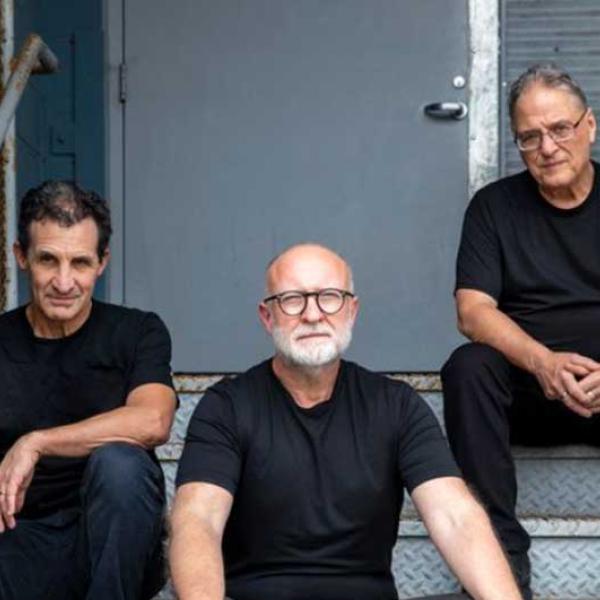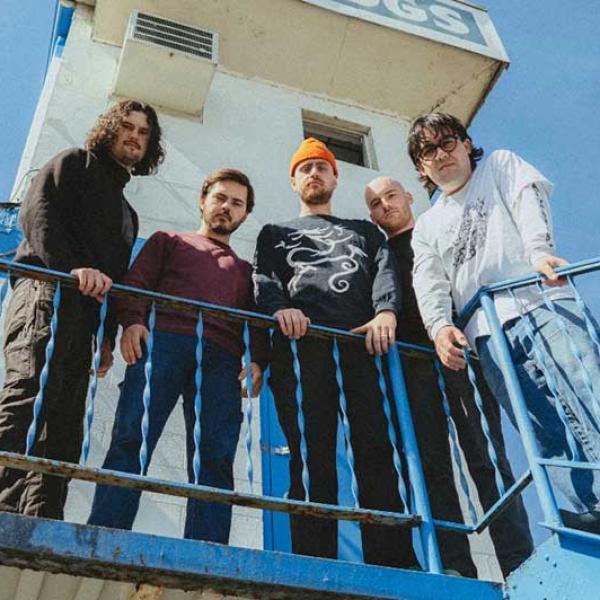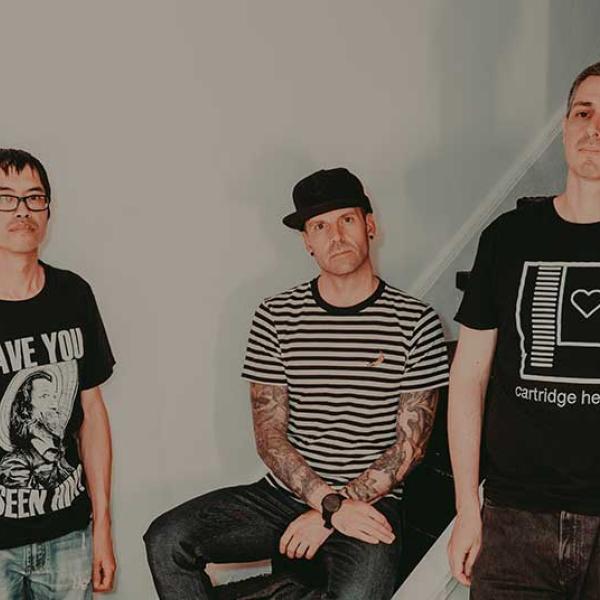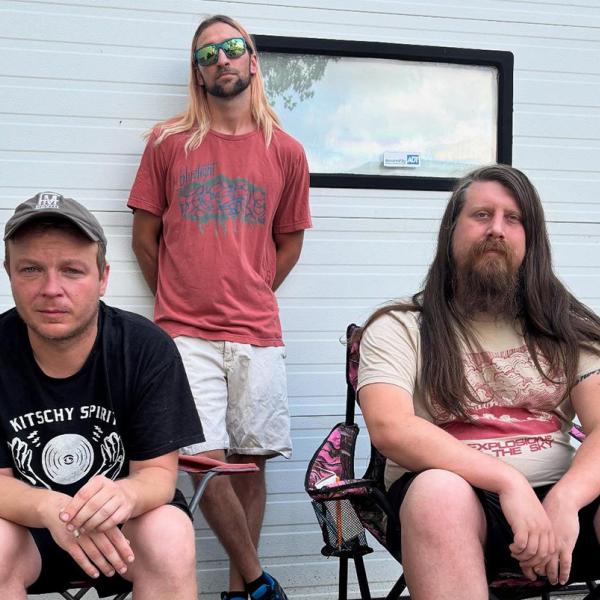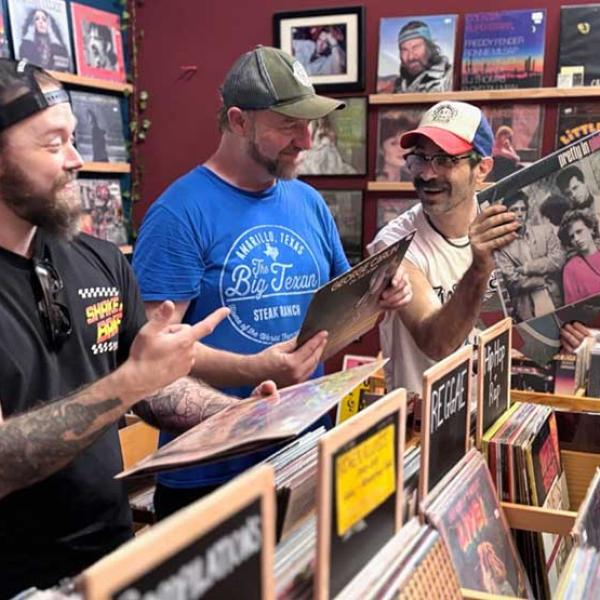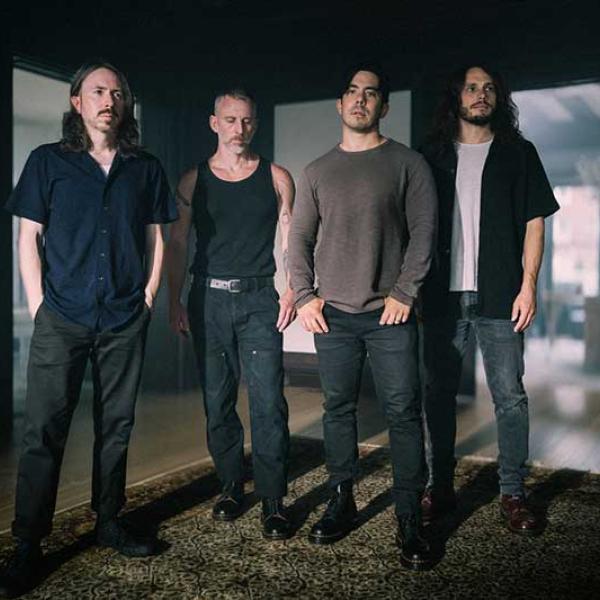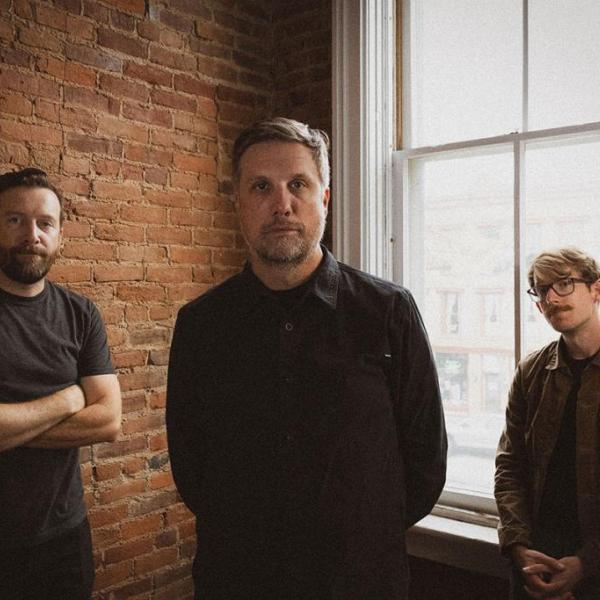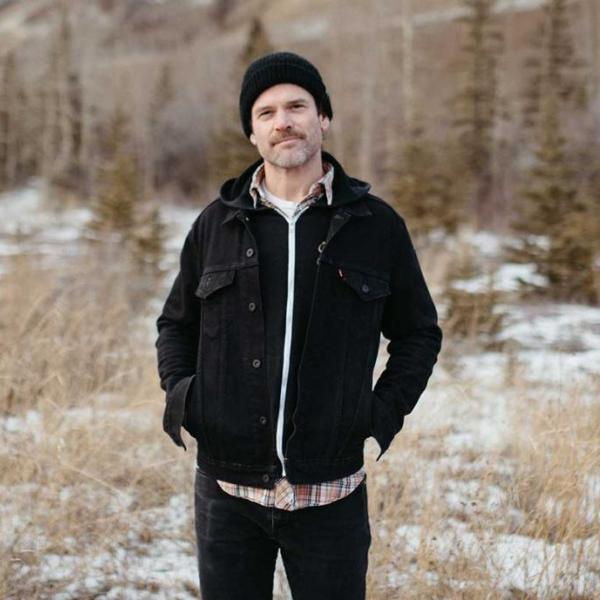Features
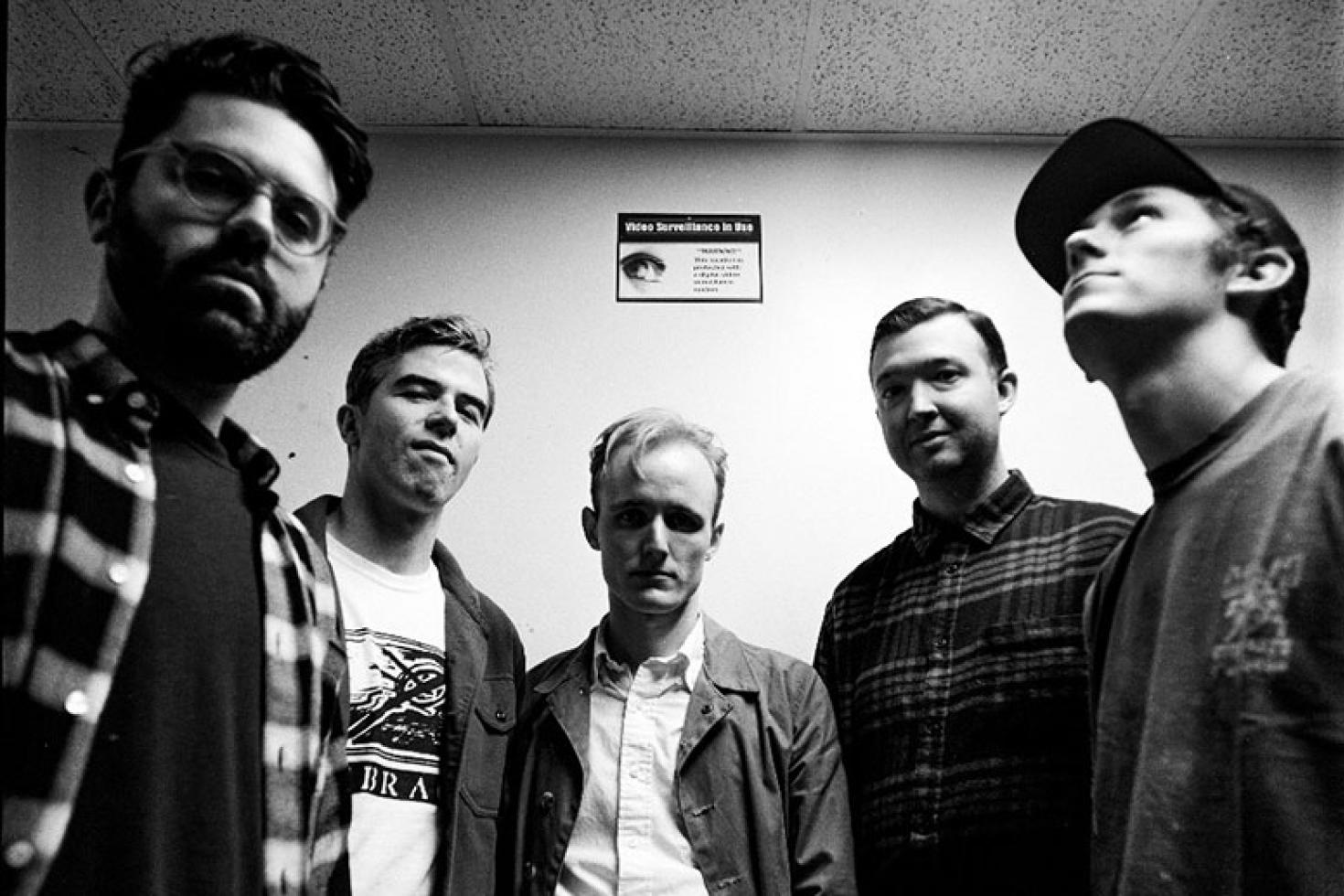
Boston-based band Fiddlehead have recently released Springtime And Blind, via Run For Cover Records. You might not recognize the name yet, but you are bound to remember guitarist Alex Henery from Basement and vocalist Pat Flynn from Have Heart. We caught up with the two of them to talk about their new band and their debut album.
PRT: Can you give us a quick history of when and how Fiddlehead started out?
Alex: Before I moved to Boston, Pat, Sean and Dow had been working on some ideas together for a band, I think they had already written one song for the 7”. I met Dow through a friend and he mentioned the band and that they needed another person to play. So we jammed the song in Providence and things went well, next time we wrote some moe songs, and it just went from there.
PRT: Not knowing what a fiddlehead was, I googled it and found out that it is a type of fern and a tell-tale sign of Spring. Was the band named after that?
Alex: I also had never heard of the plant, but thought it was just referring to a fiddle. That’s cool that it’s a sign of spring, after joining the band I was in grocery store and saw they had fiddleheads and I was so stoked. I grabbed a bunch and cooked them up. They’re tasty, kinda like asparagus but they look way cooler.
PRT: And if that is the case, was it important for you to plan the release of the album in the Spring?
Alex: We didn’t plan on having the release be early in the year. We actually had the record done by autumn in 2017, but the timing worked better for RFC for us to release it in early 2018. Once we had the name it just made so much sense to release it in the springtime.
PRT: The only other Fiddlehead release up until now was an EP that you released three years ago. How much of a priority was Fiddlehead? And will that change now that ‘Springtime And Blind’ is out?
Alex: Fiddlehead is a great project and we all love playing in the band, but this really is a side project, everyone has full time jobs and so finding the time to play shows is just really hard for all of us. We can only ever do weekends or one off shows. But we are trying to play as much as we possibly can.
PRT: With all of you having previously been in Basement or Have Heart, people are bound to have certain expectations. Is that something that went through your head while working on the album? Especially since you explore different musical styles from your previous bands?
Alex: Not at all, I don’t think any of us cared what people would think, our only goal was to release a 7” and play a show or two. It’s just been so fun to write music together that we’re not thinking about people’s opinions, we just write the music we like.
PRT: ‘Springtime And Blind’ is a very personal album that allowed Pat to work through the loss of his father. But I feel that at the same time it is a very relatable album about love and loss. Is that something you pay attention to? Not making an album so personal/introvert to the point where it feels like you are maybe giving away too much about yourself, but also making it hard for others to get something out of it?
Pat: I’ve always found the process of writing about the personal topics as an exercise in something like group therapy? My “group” is the members in the audience who share an experience similar to mine. The live performance, for me, is perhaps the most important. So, if I’m writing personally with the aim of trying to connect with some larger unknown group with a common bond of experience – I suppose the primary hope is to have a nice and unspoken connection between strangers at the show. Whether it be a wildly emotional show, or a meaningful and thick atmosphere – that’s the aim.
So, in short – I like for the lyrics to be relatable enough for their to be a shared experience in the live performance of the music. However, at the end of the day, as long as I’m singing about something that strikes a cord with me, something truly meaningful to me, then I’m set. If I can connect with the crowd, then that is fantastic. But if I can have a cathartic experience on my own, then I feel like I’ve achieved my goal. I most write lyrics about things that bother me. It’s a nice therapeutic process that I think most human beings should entertain. I’m not terribly worried about giving away too much of myself. At this point in my life I’ve developed a rather thick set of skin. I know my personal limit for what’s too much to offer to the public for my liking. But, whether or not the public will judge me negatively doesn’t seem to be a thought of mine these days.
PRT: I get how writing can help you through tough times. But won’t it be hard revisiting these memories every single time you perform the songs live? Or does that not cross your mind when you are playing show?
Pat: I read somewhere that one of the goals in getting through grief or some type of trauma is to get to the point of being bored with the idea of your suffering. I know that sounds odd. However, for me, I don’t find much romance in personal anguish, grief or trauma. I’d like it to go away. Putting the hard thoughts to paper, and ultimately to the public has been a healthy way for me over the years to get to that point of being bored with whatever is a source of struggle. Now, if someone listening finds some catharsis by way of the music, then even better. I’d be more than happy to revisit some pain of mine that I have felt like I have sufficiently dealt with if it means someone else is getting something out of it.
PRT: On that same note, has it ever happened that the lyrics of a song you wrote took on a different meaning for you personally as time went by?
Pat: Yeah for sure. Years ago I wrote a song about my grandfather and later found myself seeing my own father in the original man I was writing about. Seemed like a nice way for a piece of art to take on a life of its own.
PRT: You recently released a video for the song ‘Lay Low’. Was doing the video yourselves an economic decision or would you like Fiddlehead to be more than just a musical project?
Alex: We all come from the punk/hardcore scene so that DIY nature has always been a strong part of our other bands. Since I have made videos in the past it just made sense that I would try and come up with something. Everyone was super supportive and helpful and we all helped to make the video. It’s a good feeling when you get to be involved in all aspects of the band’s art direction.
PRT: And how long did it take you to get the stop-motion animation done?
Alex: I spent hours in the RFC warehouse with Dow and Casey moving the dolls around the house, also coloring the individual frames took a really long time too. But it was worth it when we got to see the final product.


